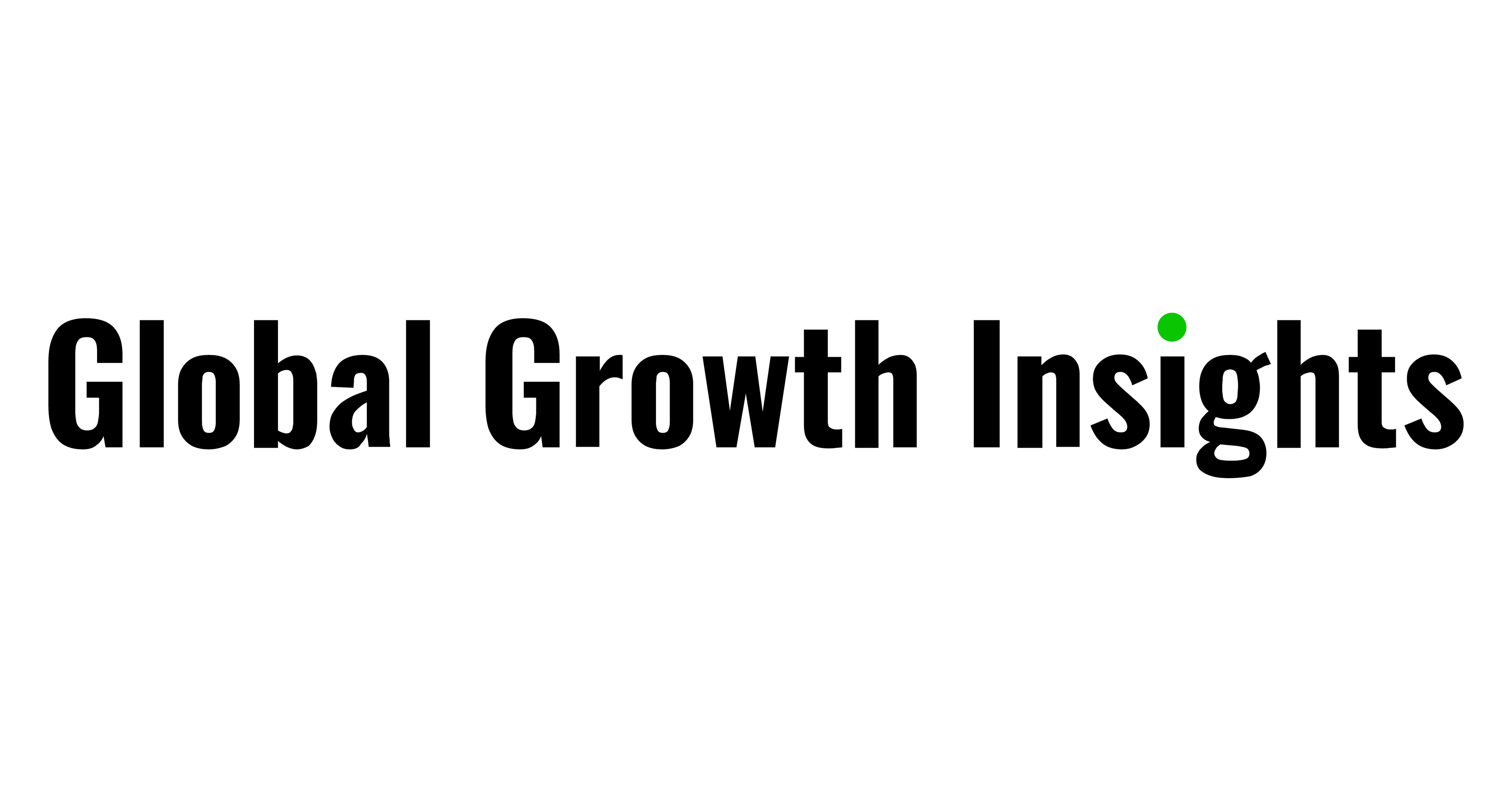Regional Insights and Product Innovations Shaping the Pork Processing Market (2024–2033)
Pork Processing Market worldwide is forecasted to hit USD 565.02 Billion by 2033, rising from USD 330.08 Billion in 2025 at a CAGR of 6.95%.
The Global Pork Processing Market Report (2025–2033) presents a detailed analysis of the evolving market landscape, highlighting growth trends, market size, segmentation opportunities, key product launches, and geographic expansion strategies. This comprehensive report enables businesses, investors, and industry leaders to make data-backed decisions and navigate market complexities with confidence.
What’s the Current & Future Size of the Pork Processing Market?
The Pork Processing Market is set to witness impressive growth throughout the forecast period. Pork Processing Market worldwide is forecasted to hit USD 565.02 Billion by 2033, rising from USD 330.08 Billion in 2025 at a CAGR of 6.95%. With rising demand for cutting-edge and efficient solutions, coupled with advancements in product development and technology integration, the market is positioned for exponential expansion. By 2033, the Pork Processing Market is expected to reach a multi-million-dollar valuation, recording a healthy compound annual growth rate (CAGR) from 2025 to 2033. This reflects strong momentum and significant investment potential across regions and categories.
Key Insights from the Report Include:
Market segmentation by category and application
Revenue growth and sales performance
Product innovation and development trends
Strategic expansion and regional analysis
Risk mitigation and competitive intelligence
Download Sample Report Now: https://www.globalgrowthinsights.com/enquiry/request-sample-pdf/pork-processing-market-100065
Detailed Pork Processing Market Segmentation
A thorough segmentation analysis of the Pork Processing Market helps uncover targeted growth opportunities and strategic entry points across product categories, applications, and manufacturing trends. Here's a breakdown of the segmentation:
Product Type Analysis
The Pork Processing Market is segmented by product type, each tailored to meet specific operational or consumer needs. These segments are witnessing increased demand based on performance, innovation, and usability.
Fresh Processed, Pre-Cooked, Raw-Cooked, Raw-Fermented, Dried, Cured, Others: This product category continues to dominate the market due to its wide-ranging application, efficiency, and adaptability across industries. It is projected to grow at a strong pace, supported by rising usage in industrial and commercial environments.
Application Scope
Different end-use applications are driving the adoption of Pork Processing Market products, particularly where performance, compliance, and sustainability are key decision factors.
Bacon, Sausage, Pork chops, Ham, Others: This segment represents a substantial portion of the market, attributed to increased demand in high-performance and scalable solutions. Expansion in this area is further reinforced by emerging consumer and industrial trends.
Manufacturer Data Insights
Key manufacturers in the Pork Processing Market are leveraging advanced technologies, production capabilities, and regional expansion strategies to boost their market share. Manufacturer data includes:
Production Volume & Capacity Utilization
Sales Revenue & Operating Margins
R&D Investment Trends
Supply Chain & Distribution Channel Analytics
Product Portfolio Diversification
Geographic Presence and Export Trends
These insights help stakeholders benchmark market players, identify competitive advantages, and evaluate market positioning.
Key Market Players in the Pork Processing Industry
Major players actively shaping the Pork Processing Market include: Sysco Corp., Sanderson farms, Smithfield Foods, Inc., Hormel Foods Corp., JBS SA, Tyson Foods Inc., Cargill Inc., Pilgrims Pride Corp. and other influential companies driving innovation and market share.
The report offers in-depth profiles, including:
Sales volume and value analysis
Business performance metrics
Strategic initiatives and market positioning
Leading Regions Driving the Pork Processing Market
The Pork Processing Market is geographically diverse, with significant contributions from:
North America – United States, Canada, Mexico
Europe – Germany, UK, France, Italy, Russia, Turkey
Asia-Pacific – China, Japan, India, Korea, Southeast Asia
South America – Brazil, Argentina, Colombia
Middle East & Africa – UAE, Saudi Arabia, South Africa, Egypt
These regions are leading due to high consumption, rapid industrialization, and increased adoption of innovative technologies.
Browse Detailed Summary of Research Report with TOC: https://www.globalgrowthinsights.com/market-reports/toc/pork-processing-market-100065
What Are Your Main Data Sources?
The report is compiled using a blend of both primary and secondary data sources to ensure comprehensive and reliable insights.
Primary data is gathered through in-depth interviews with key industry stakeholders and decision-makers. These include front-line professionals, directors, CEOs, marketing executives, downstream distributors, and end-users, offering firsthand perspectives on market dynamics.
Secondary data involves extensive research of publicly available sources such as annual and financial reports of leading companies, official publications, industry journals, and government documents. Additionally, we leverage credible third-party databases to enhance the accuracy of our analysis.
A detailed breakdown of the data sources and methodologies can be found across the following chapters:
Examination of global Pork Processing market consumption (value) by region, product type, and application.
Identification and analysis of the market structure through segmentation.
Evaluation of key global Pork Processing manufacturers, including market share, competitive landscape, SWOT analysis, Porter's Five Forces, and strategic development plans.
Assessment of individual growth trends and their contribution to the broader market outlook.
Analysis of the key growth drivers, opportunities, industry-specific risks, and challenges.
Forecasting of Pork Processing submarket consumption across major regions and countries.
Tracking of competitive developments such as expansions, agreements, product launches, and mergers & acquisitions.
Strategic profiling of leading market players, along with a comprehensive review of their growth strategies.
Purchase this Report (Price 3480 USD for a Single-User License): https://www.globalgrowthinsights.com/checkout-page/100065
Introducing Tranquil Tails: An Innovative, Safe, and Science-backed Plug-In Calming System for Pets
AI in Sports Market Growing at 30.1% CAGR | Reach USD 29.7 Billion by 2032 Globally
AAG’s 'Growth Room' Roundtable Offers Leaders a New Space for Honest Dialogue
Więcej ważnych informacji
 Jedynka Newserii
Jedynka Newserii

 Jedynka Newserii
Jedynka Newserii

Polityka

W tym tygodniu Komisja Europejska przedstawi projekt budżetu na lata 2028–2034. To będzie pierwsza długoletnia perspektywa czasu wojny
16 lipca Komisja Europejska przedstawi swój pomysł na budżet w kolejnej siedmioletniej perspektywie. Projekt ma przewidywać mniej programów, większy udział kwot niezaplanowanych, a także mechanizmy i rezerwy, które umożliwią szybszą i bardziej elastyczną reakcję na zmieniające się potrzeby. Więcej w nim będzie również środków przewidzianych na wzmocnienie bezpieczeństwa. W maju Parlament Europejski odrzucił w głosowaniu propozycję KE, by budżety przewidziane na okres po roku 2027 konstruować tak jak KPO.
Polityka
P. Müller: Wnioski z ludobójstwa w Srebrenicy szczególnie aktualne w kontekście ukraińskim. Społeczność międzynarodowa nie może przymykać oczu

W ubiegłym tygodniu obchodzono 30. rocznicę ludobójstwa w Srebrenicy, gdzie z rąk Serbów w lipcu 1995 roku zginęło ponad 8 tys. bośniackich mężczyzn i chłopców. To jeden z najciemniejszych rozdziałów najnowszej historii Europy – podkreślali szefowie instytucji UE. – To także lekcja dla społeczności międzynarodowej, która nabiera szczególnego znaczenia w kontekście agresji Rosji na Ukrainę – mówi Piotr Müller, europoseł z PiS.
Media i PR
Parlament Europejski wzywa do większej ochrony wolności dziennikarzy. Wiceprzewodnicząca: media mają pełnić funkcję kontrolną, a niektórym rządom to się nie podoba

8 sierpnia br. w państwach członkowskich UE zacznie obowiązywać europejski akt o wolności mediów. Przepisy rozporządzenia mają chronić pluralizm i niezależność mediów. Jak wynika z nowego raportu KE dotyczącego praworządności, wciąż jest to obszar, w którym jest dużo zagrożeń. Również Parlament Europejski wzywa kraje członkowskie do intensywnych wysiłków na rzecz wolności mediów i ochrony dziennikarzy.
Partner serwisu
Szkolenia

Akademia Newserii
Akademia Newserii to projekt, w ramach którego najlepsi polscy dziennikarze biznesowi, giełdowi oraz lifestylowi, a także szkoleniowcy z wieloletnim doświadczeniem dzielą się swoją wiedzą nt. pracy z mediami.




![Część środków z Planu Społeczno-Klimatycznego trafi na walkę z ubóstwem transportowym. Organizacje branżowe apelują o zmianę priorytetowych projektów [DEPESZA]](https://www.newseria.pl/files/1097841585/rower3,w_85,_small.jpg)




.gif)

 |
| |
| |
|